-
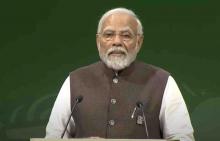
After hosting a successful G20 Summit, India is more than willing to host a climate summit meeting in 2028. On the second day (December 1) of the 28th Conference of Parties (COP 28) meeting to the UN Framework Conference on Climate Change (UNFCCC), Prime Minister Modi, during his speech in the high-level segment, offered to host COP 33 in India. What has prompted the PM to offer to host such a significant environmental summit in 2028?
-
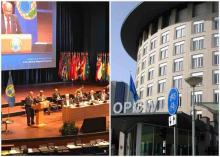
On November 27, 2023, the Twenty-Eighth Session of the Conference of the States Parties to the Chemical Weapons Convention (CSP-28) opened in The Hague, Netherlands. This five-day meeting discusses various aspects associated with implementing the Chemical Weapons Convention (CWC), which has been in effect since April 29 1997. Organisation for the Prohibition of Chemical Weapons (OPCW) is responsible for fulfilling the Convention’s mandate.
-
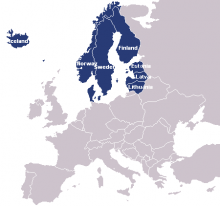
Confederation of Indian Industry (CII), in collaboration with the Ministry of External Affairs (MEA), Government of India, is organizing the second edition of the CII India Nordic Baltic Business Conclave from 22-23 November 2023 in New Delhi.
-
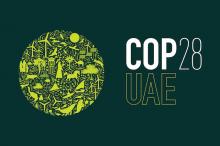
Under the UN guidance, a transitional committee on loss and damage due to climate emergency has clinched an agreement of recommendations on operationalising a global fund for vulnerable countries and communities on November 4, 2023, in Abu Dhabi (UAE). Despite a formal objection from the US and reservations from other members in the 24-member transitional committee (TC), the final approval is set for the 28th Conference of Parties (COP28) to the UNFCCC that will be held from November 30 - December 12 at the Expo City, Dubai (UAE).
-
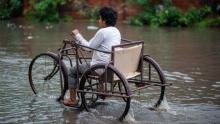
Among the most climate-vulnerable groups or weaker sections of society, persons with disabilities (PwDs) have been facing extreme challenges due to climate change and disasters than others. [1] As October and November are usually anticipated as natural disaster months in Odisha, the government and its leading departments usually meet to stocktake the preparedness proactively. Early this month, the government concluded such a high-level preparedness meeting by infusing effective coordination among relevant agencies.
-
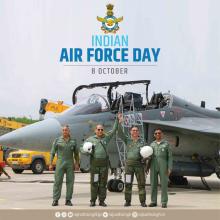
Indian Air Force (IAF) will celebrate its 91st anniversary on 8 October 2023. A proud day for all Indians, whether natural or naturalized or with roots in India yet settled abroad. As India celebrates IAF day and applauds a prominent of its military institutions devoted initially to protect territorial airspace and, in the process, getting recognition as a globally formidable aerospace power, it is a reflection time for all of us.
-
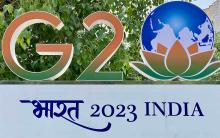
The recently concluded G20 summit under India’s presidency had many positives. One amongst them is the 'G20 Framework for Systems of Digital Public Infrastructure'. The G20 New Delhi Leaders' Declaration backed the 'G20 Framework for Systems of Digital Public Infrastructure (DPI)', a voluntary and suggested framework for the development, deployment and governance of DPI.
-

Article 1 of the Constitution of India states that 'India, that is Bharat, shall be a Union of States', which is being used for the first time smartly as a political-cultural strategy by the highest authority of India. The term 'President of Bharat' has been used for the first time by replacing the usual 'President of India' in an official invite for a dinner hosted by President Murmu on September 9 for the dignitaries attending the G20 summit.
-

Animesh Roul, Executive Director, Society for the Study of Peace and Conflict, New Delhi, engaged in a conversation with Priti Patnaik, the Founding Editor of Geneva Health Files (GHF). The discussion centred around the proposed pandemic treaty and the principal challenges that lie ahead for this treaty.
-

In Conversation with David P. Fidler (CFR) on the Proposed Pandemic Treaty, Global Health, and India
"I do not think a pandemic treaty is a good response to the COVID-19 pandemic. Nothing in the WHO-sponsored negotiation process so far has changed my perspective," says global health expert David P. Fidler, Senior Fellow at Council on Foreign Relations (CFR) and the author of "A New U.S.
Paxton ported to drupal by DropThemes.in